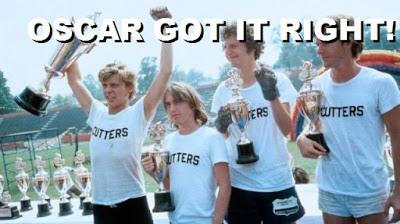Bette Davis: Jezebel (winner)
Norma Shearer: Marie Antoinette
Wendy Hiller: Pygmalion
Margaret Sullavan: Three Comrades
Fay Bainter: White Banners
What’s Missing
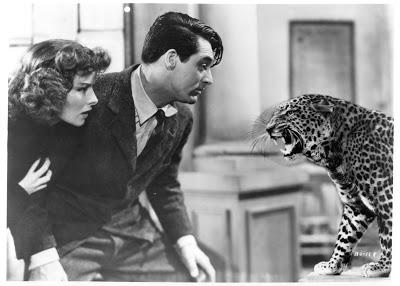
So when I look at the five nominations for Best Actress 1938, I see what appears to be a clear winner, clear second- and third-place finishers, and a couple of also-rans who barely belong here (or don’t at all). That’s harsh, but I think it’s accurate. So let’s do what we can to make this a more competitive Oscar race. A foreign film was far less likely to score a nomination for 1938, but Simone Simon might get some play for La Bete Humaine, even if she’s more a supporting player. The same is true of Olivia de Havilland and The Adventures of Robin Hood. Margaret Lockwood and The Lady Vanishes might be worth mentioning here. The biggest miss is Katherine Hepburn and Bringing up Baby, a film I like less than just about everyone else.
Weeding through the Nominees
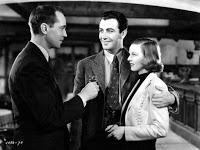
5. In the race for the bottom of this race, the big winner (or loser) is Margaret Sullavan in Three Comrades. This is a bowl of room temperature treacle with one of the dumbest endings I’ve come across in ages. Sullavan isn’t bad in the film, but she’s also nothing particularly exceptional, and the movie itself is an absolute mess with an ending that defies just about anything rational. Sullavan’s nomination feels like one that is here to round us up to the required five. That’s not a knock on her; it’s a knock on a ridiculous film.
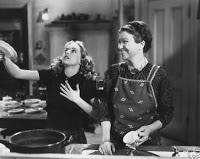
4. I like Fay Bainter, but I didn’t like White Banners that much. Bainter was a fine actress, normally in more supporting roles, and in fact won for Best Supporting Actress at this very Oscar ceremony for Jezebel. White Banners is only a step away from the full-on melodramatic syrup of Three Comrades and it’s not a full step. Bainter is a more engaging actress and her film features a better supporting cast (Claude Rains trumps Robert Young and Franchot Tone), but it’s still a weak entry.
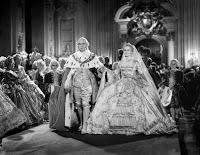
3. Norma Shearer holds the distinction of being far better than her entry as well. Marie Antoinette has the benefit of being sumptuous and filled with fantastic sets and costumes. The film also benefits from a solid (and nominated) supporting role from Robert Morley. In fact, the biggest issues with the film aren’t Shearer’s fault; this should have been in color, and had it been, it would have been far better and done far more to advance Shearer’s case. Ultimately, I just like two other performances more.
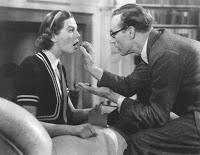
2. I’m not a Wendy Hiller fan, but her turn in Pygmalion is my favorite version of Eliza Doolittle. I contend that in My Fair Lady, we all fall in love with Eliza a little because she’s played by Audrey Hepburn, so of course we do. In Pygmalion, we might not fall in love with Eliza, but we do end up liking her and, more importantly, respecting her. The difference there is all the difference, and it comes entirely from Hiller’s performance that ends up presenting us with an Eliza made of 50% backbone and 50% fire. In a lot of years, Hiller would be in serious contention for me.
My Choice
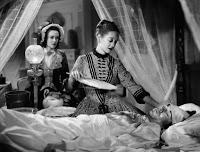
1. And then we have Bette Davis and her towering performance in Jezebel. What makes this a clear winner is that it’s a rare case where Oscar seemed to see the future. Bette Davis does not just give the best performance of the year; she gives one of the defining performances of her career. There could not have been another winner of the Oscar for 1938; Davis was too good in a role that ultimately suited her perfectly. Add whomever you’d like for this category and year, Davis is still going to come out on top. She was perfectly cast in a role that couldn't have been better for her. She's the natural winner.
Final Analysis
